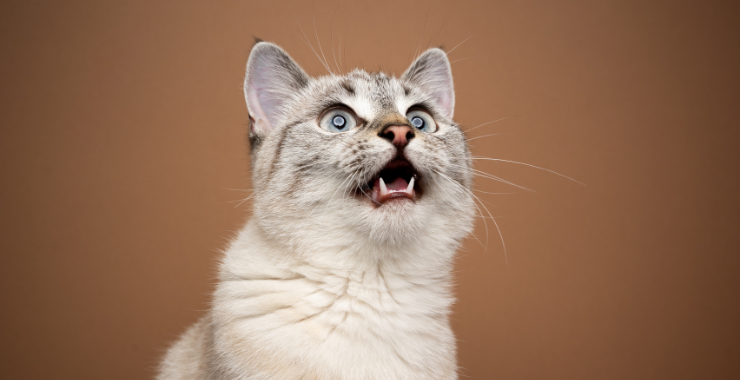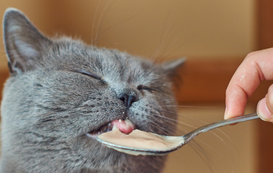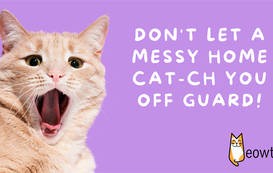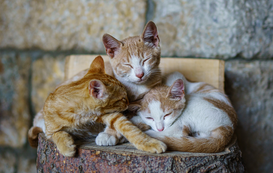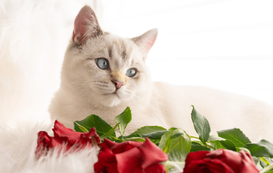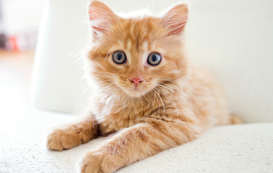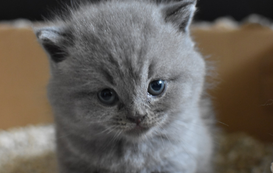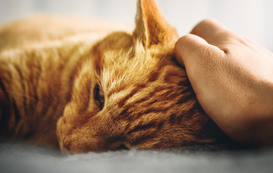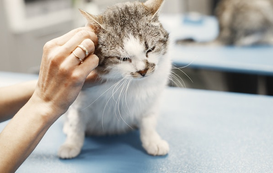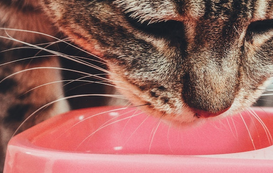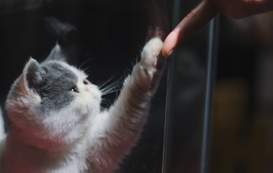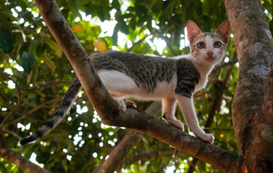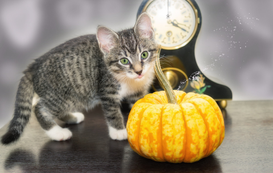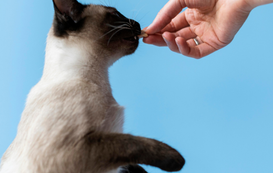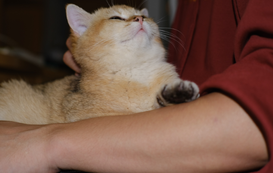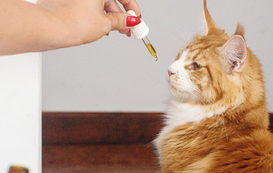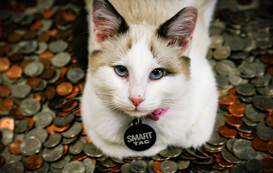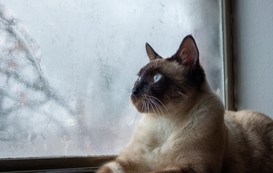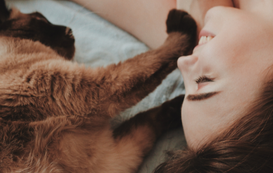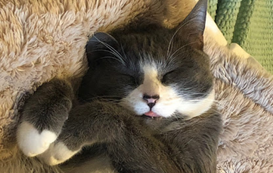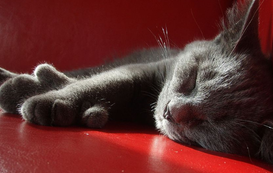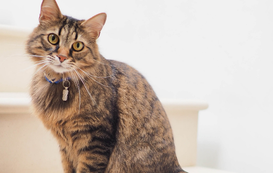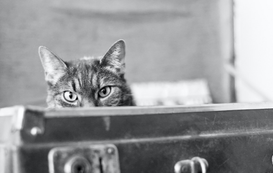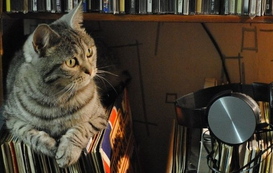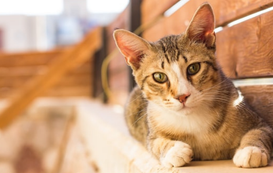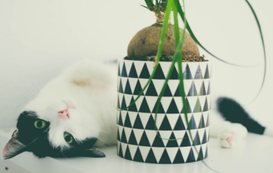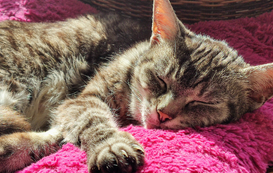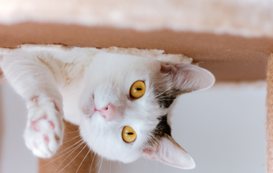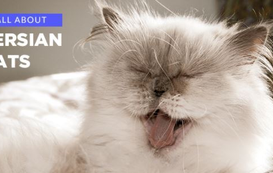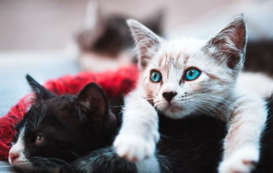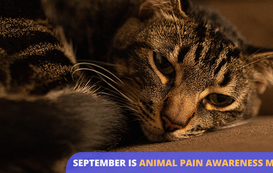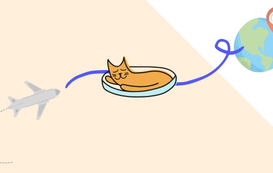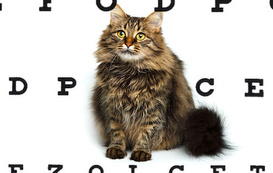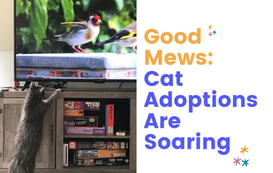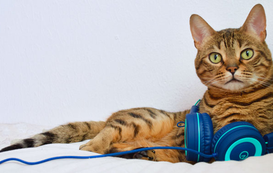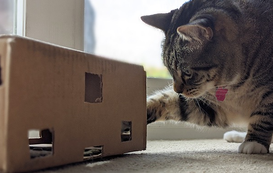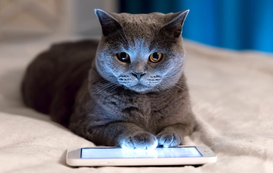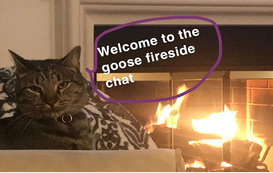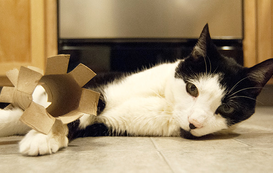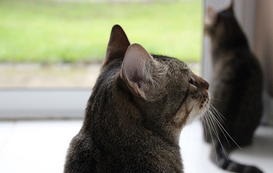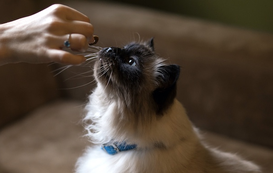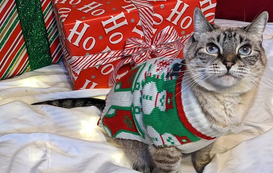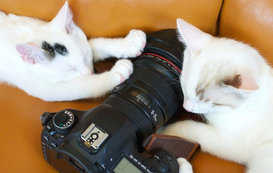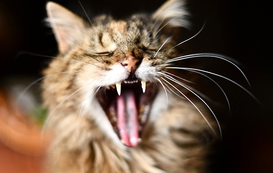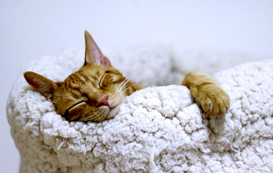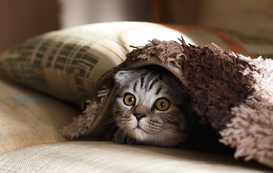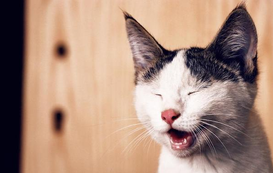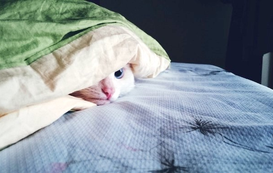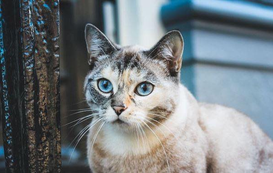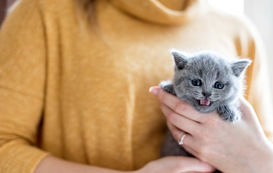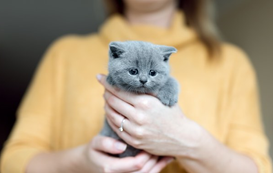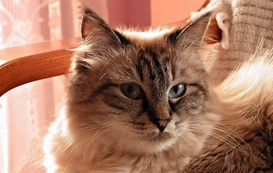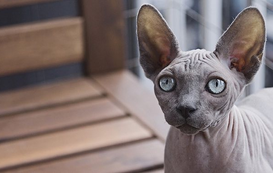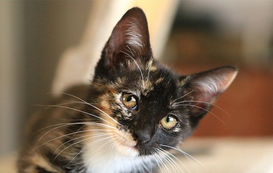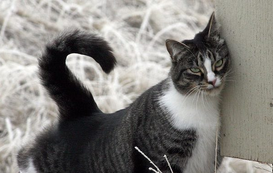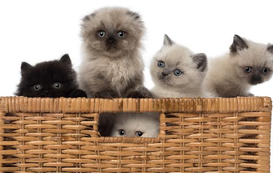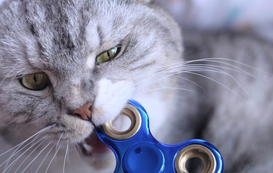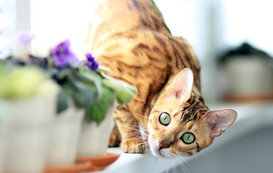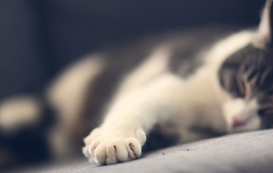A vocal feline will certainly catch your attention. Cats communicate through various pitches, often escalating to express different needs or concerns. Sometimes there are actual reasons behind excessive cat meowing-it isn't just their personality. Next time your furball starts talking up a storm, pay closer attention to this attention-seeking behavior and see if you can associate it with stress, hunger, natural mating instincts, or potential health issues. Understanding these factors can help you decipher your cat's language and support their well-being.
Why Is My Cat Meowing More than Usual?
Your friendly feline's excessive vocalizations may be a running joke in your household, but there are different reasons that cats express themselves through meowing and yowling. Learn about the most common reasons for meowing to decode their language and respond appropriately.
They Need Attention
Cats may meow for attention, seeking interaction and companionship from their owners. By engaging in playtime for enrichment, showing affection, and spending quality time with their cat, a cat parent can often appease their attention-seeking behavior.
Stress or Anxiety
Changes in your pet's environment can make them anxious. If you've recently moved to a new home or introduced new pets, it shouldn't be surprising that they're experiencing some distress. Before you shout at them to stop meowing when they wake you up in the middle of the night, consider what your cat needs to make them feel calm and secure. Keeping the litter clean is important (especially if they're sharing a litter box). Use treatments such as pheromone diffusers or offer catnip to alleviate stress. Add nightlights so it's easier to navigate new spaces.
They Want Food
Cats may purr persistently at mealtime. Maintaining a consistent feeding schedule and providing appropriate portions can help manage their expectations and reduce all-day purring for food. An automatic feeder can help if you're often away from home at dinnertime.
Mating Season
Unspayed female cats can be more vocal during their heat cycles. Spaying or neutering your cat can help minimize these vocalizations associated with mating instincts.
They Have Medical Issues
Excessive meowing can be a sign of underlying health problems, such as dental issues, urinary tract infections, an overactive thyroid, kidney disease, or arthritis. If meowing is accompanied by other concerning behaviors or changes in body language, visit the vet to rule out medical conditions. Additionally, your cat's age may play a part in this. Senior cats tend to have more medical issues.
When Should I Be Worried About My Cat Meowing?
While occasional meowing is normal cat behavior or a display of affection, there are times when increased or persistent meowing signals an underlying issue. If your cat's meowing is accompanied by loss of appetite, changes in litter box habits, or if it seems unusually prolonged or intense, contact your vet. Persistent meowing can indicate stress, pain, illness, or even cognitive dysfunction in adult cats. Regular check-ups can help support your cat's well-being and identify and address any potential issues.
What Not to Do When Your Cat Is Meowing a Lot
Excessive meowing can be a form of communication, but persistent or sudden changes in vocalization might signal underlying issues.
Don't ignore the behavior. While most cat breeds exhibit excessive meowing from time to time, ignoring the signs of an underlying cause may lead to overlooked health issues or stress.
Don't punish your furball. Punishment can create fear and anxiety, worsening the problem. Instead, focus on positive reinforcement for desired behaviors.
Don't assume they're just looking for attention (or a second dinner). Excessive meowing can indicate various issues, so assuming it's solely attention-seeking may result in delayed recognition of potential health concerns.
Don't delay a veterinary visit, especially with older cats. If other concerning signs accompany your cat's meowing, delaying a visit to the vet could worsen any underlying health problems.
Don't overlook changes in behavior. Changes in appetite, litter box habits, or overall behavior should not be ignored; they could indicate medical issues that need attention.
What Is the Best Way to Stop a Cat From Meowing Excessively?
Addressing excessive meowing in cats involves identifying and addressing the underlying cause. As a pet parent, learn to understand your cat. Providing your cat with enough mental and physical stimulation, a balanced diet, and a comfortable environment can help. If the behavior persists, consult with a veterinarian to rule out any medical issues or receive guidance on behavior modification techniques.
Planning to be away from home? Sitters on Meowtel have passed background checks, helping you have peace of mind to travel with confidence. When you need a reliable in-home cat sitter on Meowtel for your beloved four-legged companion, Meowtel can help you find the perfect match. Find a sitter to help with pet care today.
Ready to find the purrfect sitter for your feline friend? Find a cat sitter on Meowtel today!

